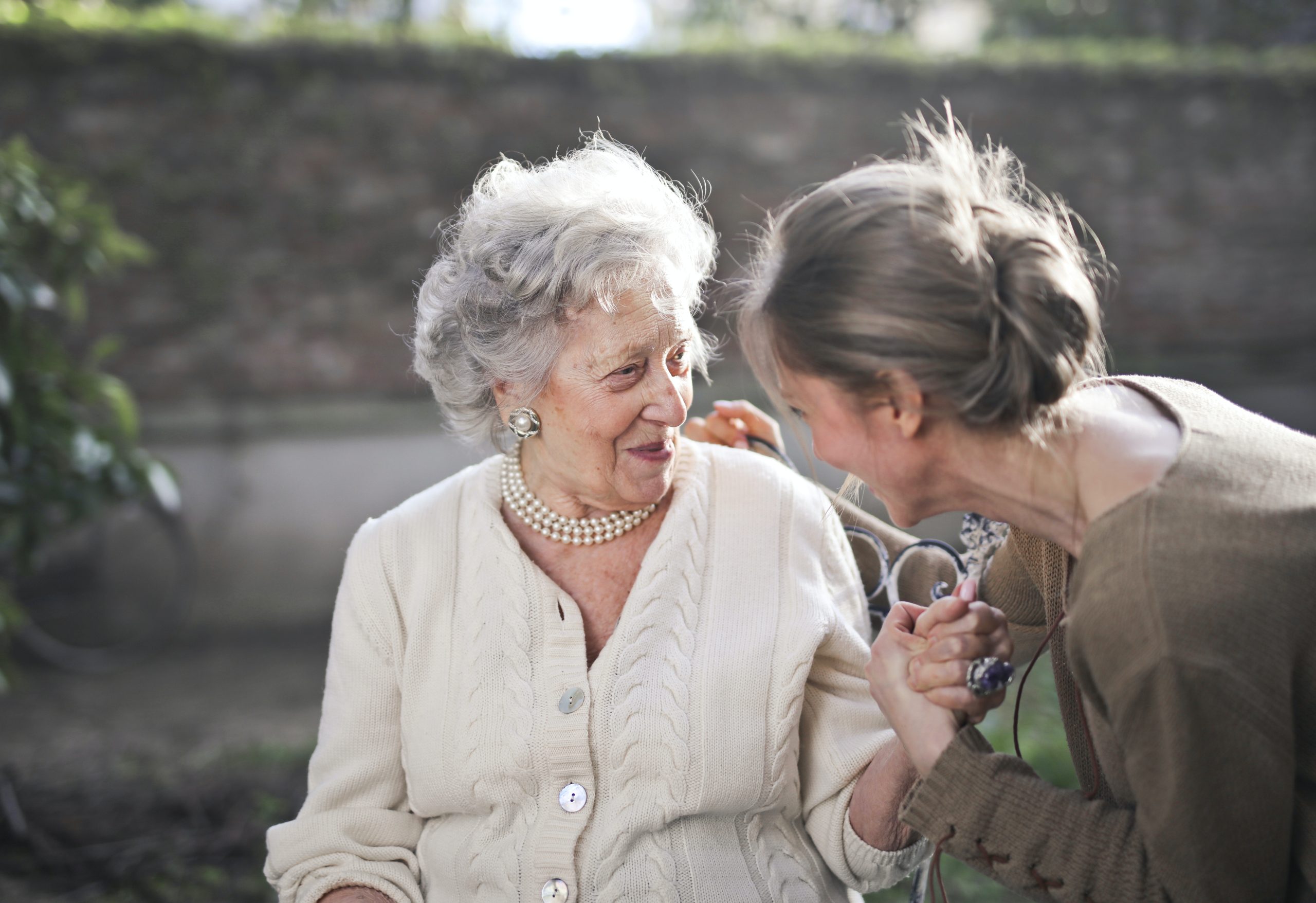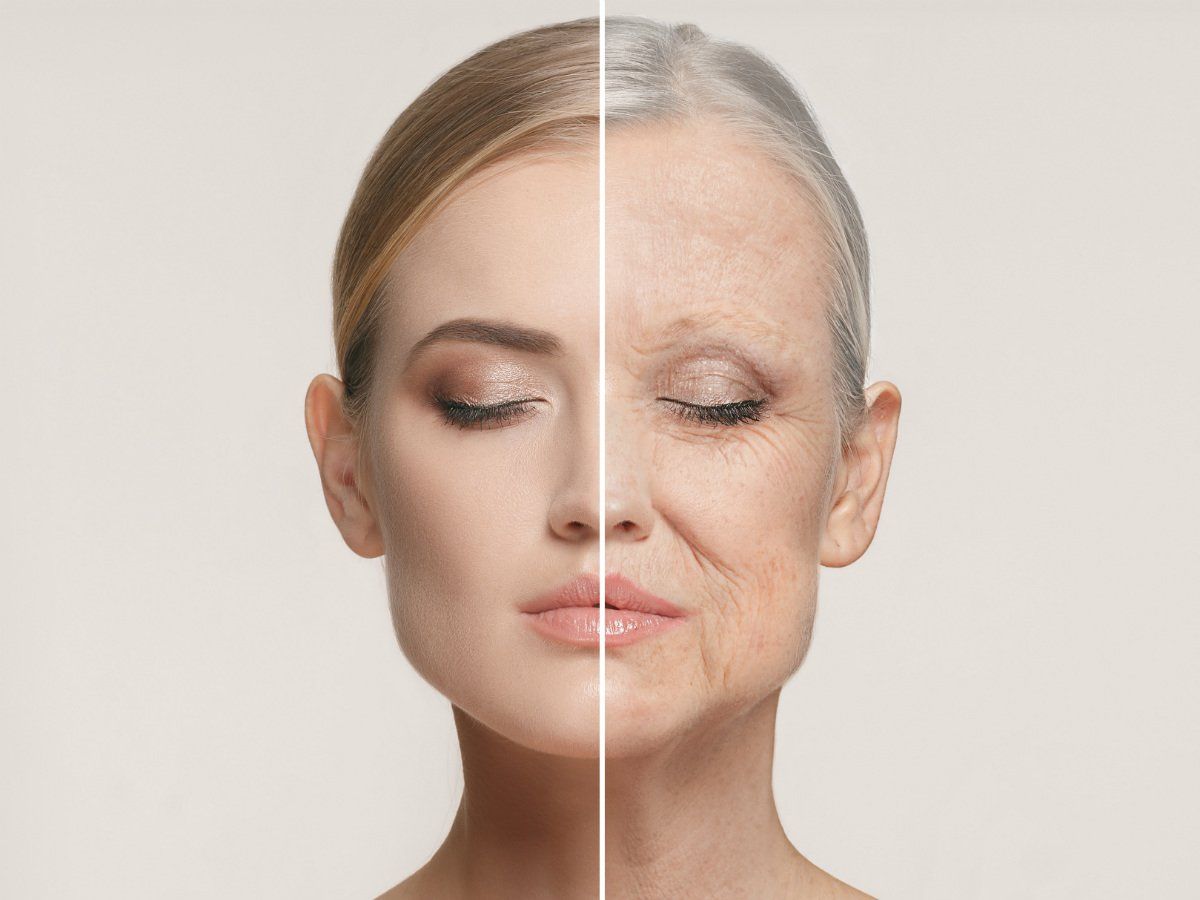No matter your age, it is very important that one takes care of their body. To live a healthy, happy, and fulfilled life, taking care of your physical, mental, and emotional health is crucial.
As we age, our bodies slowly start to lose the abilities that they once had. Our joints become less mobile; bones lose their density, backaches become more frequent, and our overall energy levels are not what they used to be.
Our bodies are more vulnerable than ever, and our immunity is also low. A simple cold can progress to complications such as pneumonia, bronchitis, or a sinus infection. Here are a few tips for seniors to stay active and healthy to avoid all this.
Focus On Nutrition:
A healthy diet is important for people of all age groups. But older adults susceptible to infections should especially take care of their diet. Fruits, vegetables, grains, poultry, and meat should all be a part of your diet. Fruits are an important source of vitamins and antioxidants, which are crucial to prevent cell damage.
You should, however, avoid foods with a high glycemic index. Salt intake should also be kept in check, especially if you are hypertensive. You should also limit your alcohol intake.
Stay physically active:
Physical activity is the best mood booster. It keeps your body moving and joints mobile, and exercise is crucial for healthy cognitive function and a strong immune system.
Even if someone cannot perform light exercise due to any physical disability or is bed-bound, they should try to move. Older adults bed-bound are prone to developing pressure ulcers, and if not cared for, they may even progress to stage 3 bedsores. If not controlled at an early stage, bedsores can become a significant surgical problem. Therefore, you should change your position every two hours and control your blood glucose levels.
Take your supplements:
As we age, our bodies become deficient in essential minerals and nutrients. You should regularly take supplements to avoid deficiencies and keep your internal processes running smoothly.
Your doctor may prescribe you calcium, vitamin D, vitamin B6, and B12. Vitamin C is also an important antioxidant that you should incorporate into your diet. Ensuring you are getting all of your nutrients also boosts your immunity.
Learn how to manage stress:
No matter how old you are, life will always find a way to stress you out. Cortisol is a hormone secreted by our adrenal glands when stressed. High cortisol can cause many problems for you, such as anxiety, irritability, intestinal problems like constipation, sleep disturbances, weight gain, increased blood pressure, and low libido. Therefore, you must find ways to manage stress.
You could do this by keeping yourself physically active, finding hobbies to keep you busy, and finding time to spend with your family.
Get enough rest:
The role of sleep in a healthy adult’s life cannot be undermined. Sleep is vital for good cognitive function and memory. While the amount of sleep required varies from person to person, we should all get at least seven hours of sleep every night. Taking power naps throughout the day is also a great way to keep you energized.
If you have trouble sleeping due to conditions like obstructive sleep apnea or restless leg syndrome, you should speak to your physician about it. Insomnia could also be due to inactivity during the day or a high intake of caffeine.
Prevent infections:
At extreme ages, people are more prone to catching infections. It is always better to be safe than to be sorry. You should get annual vaccines to avoid getting sick. The flu virus changes yearly, so you must get a new vaccine annually. Your doctor may also advise you to get a pneumococcal vaccine for protection against pneumonia and meningitis.
Take your medicines regularly:
If you suffer from any chronic health condition like hypertension or diabetes, make sure that you take your medications regularly. If these conditions are not adequately taken care of, you may develop many end-stage complications due to these diseases, such as diabetic neuropathy, nephropathy, or cardiovascular disease due to hypertension.
Get regular check-ups:
As we age, our bodies become prone to so many health conditions. Over history, as advances were made in healthcare and people have started to live longer, the burden of geriatric disease has also increased.
After fifty, men should get screened for prostatic cancer markers, and women should get mammograms to screen for breast cancer. Annual check-ups will ensure that if you have a condition, it is diagnosed in the early stages, and you can start treatment early.
Stay mentally active:
Not only is physical health important, but it is also important that you stay mentally sharp. Keeping up with world affairs by reading the newspaper daily is a great way to do this. Reading books, solving crossword puzzles, or playing a game of scrabble or any other board game that you enjoy are also ways to keep yourself sharp.
Socialize:
As we age, we often lose the will to interact with other people. This could be due to the lack of accessibility or even minor interactions that seem draining. Our bodies feel more fatigued, and we might decide it’s not worth the effort.
However, interacting with family and friends is a great way to boost your mood. Therefore you should look for opportunities to reconnect with your old friends or volunteer at charities or social groups.
Conclusion:
While aging is not something we can escape, we can make it a slower process over which we have much more control. While aging has its negatives, taking better care of ourselves enables us not to be constantly depressed and appreciate all the good that comes with it. Maintaining a healthy weight and body and taking care of your medical conditions go a long way.
However, as we age, we also must accept that our bodies are not capable of everything they once were capable of. That being said, you should not let your age define you. After all, age is just a number; you can do almost anything if you set your mind to it.


 Home
Home









